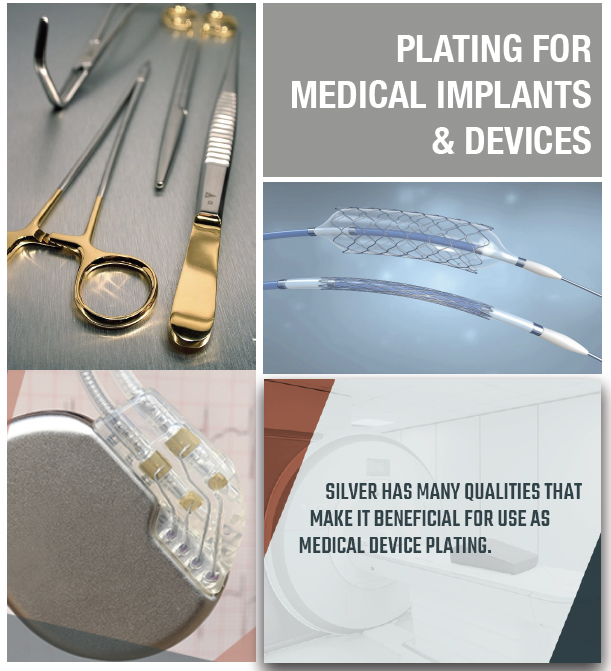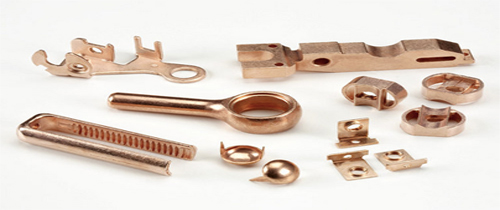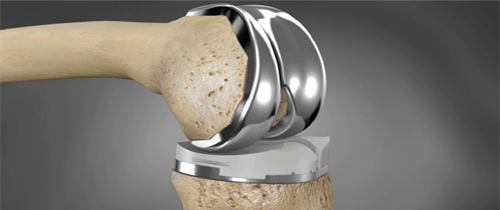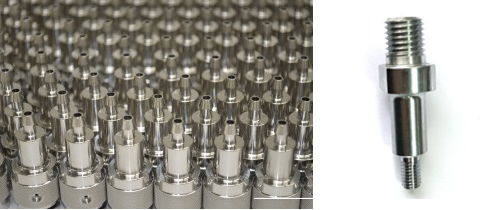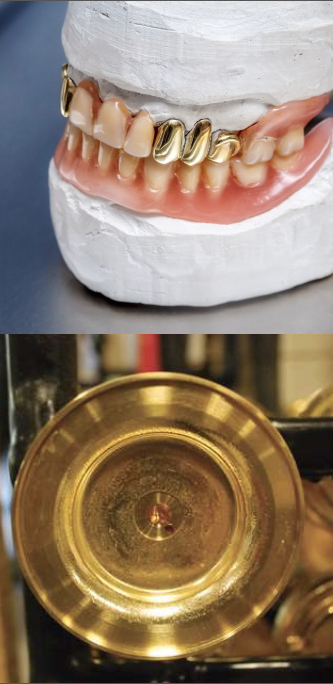The Beneficial Medical Characteristics of Gold
Gold features numerous characteristics that make it a viable alternative for medical use. Gold is biologically
benign, meaning it won’t cause a negative reaction when coming in contact with internal organs and other
areas of the human body. It is also unaffected by oxygen, moisture or ordinary acids, so it offers superior
resistance against corrosion of metal appliances placed inside the body. And despite its inherent hardness,
gold is an extremely malleable metal that can be easily shaped to develop high-precision medical instruments
and devices.
Typical gold plating applications in the medical field include:
- Production of electronic pacemakers to regulate a patient’s
heartbeat, as well gold-plated stents used to inflate and support
arteries
- Implants where minimizing the risk of infection is vital, such as
those used to aerate the inner ear’s tympanic cavity — thanks
to gold’s biocompatibility.
- Procedures by surgeons that clear clogged coronary arteries and
remove tumors
- Sealing of life-threatening injuries and wounds through emergency
physicians’ and battlefield medics’ use of lightweight lasers
that implement gold-plated contacts
- Manufacturing of false teeth, caps and crowns in dentistry

